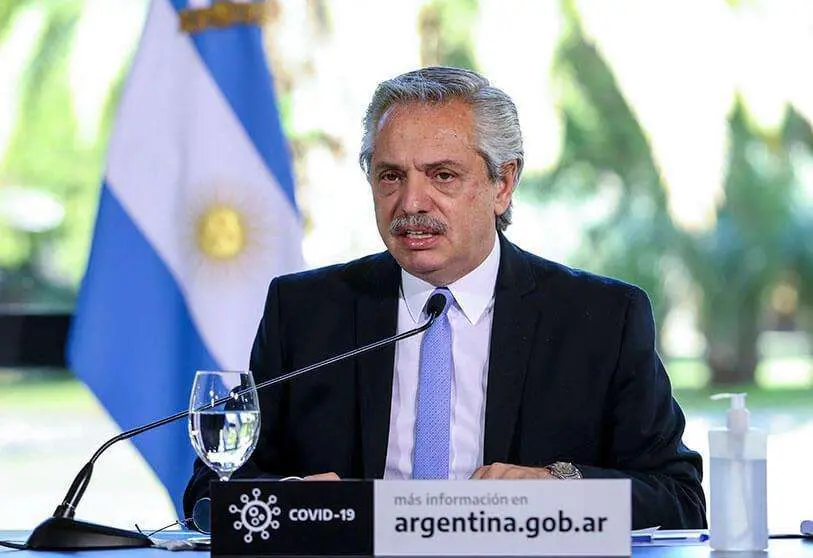Argentina returns to nine-day confinement

Faced with a sharp rise in cases of COVID-19, Argentina's president, Alberto Fernandez, announced Thursday night, with the backing of all the governors, that the country is returning to nine-day confinement in districts that are at "high risk" or on "epidemiological alert". The only area where people will be able to circulate will be in the area of domicile until 31 May, paralysing domestic tourism for the first time since the end of last year. The need to reschedule travel for non-essential travellers could lead to cancellations of domestic and international flights.
During this period, the government intends to accelerate the vaccination of vulnerable populations, according to President Alberto Fernández. Shortly before Fernandez spoke to the country about the new situation, the arrival of several flights carrying vaccines was confirmed. By the end of May, the health authorities will have received six million new doses from Oxford/AstraZeneca, Russia's Sputnik V and China's Sinopharm. Another large shipment should arrive in June. Nearly 11 million doses have been administered so far and Argentina has a population of 44 million people.

For the time being, under the lockdown, schools, non-essential premises and shops will be closed and cultural, social, sporting and religious activities will be suspended. In addition, people will only be able to go out between 6 a.m. and 6 p.m., and only in the vicinity of their homes. On the other hand, several Latin American countries, almost all of them in South America, are at the top of the world list for the number of cases of HIV/AIDS-19 per million inhabitants.
The country recorded more than 35,000 cases on Thursday 20 May, following Wednesday's record high of almost 40,000 cases and Tuesday's 35,000, with a high of 745 deaths. This has been due to the relaxation of protocols, as well as the rebelliousness of a sector of society, the lack of official controls at all levels, slow procurement and distribution of vaccines, uneven implementation of restrictive measures and the need to keep a damaged economy alive.
Argentina had its first containment at the end of March 2020 and managed to control the pandemic for several months. The politicisation of the health crisis, with opposition forces calling for the isolation measures to be disregarded, eventually gave way to restrictions. However, throughout the week there were rumours about the possibility of extending the restrictions and adding some others, but by the afternoon the decision to return to strict confinement was confirmed.

"We are living the worst moment since the pandemic began, we must take seriously the criticality of this time and not naturalise so much tragedy," President Fernandez said in a televised statement. "I always speak to you with the truth," the president said, adding that this is the "worst moment of cases and deaths" due to the coronavirus.
"The first to look after the health of everyone is the state. The state must never be distracted. There is no doubt that I have a duty to look after the health of Argentines because the law imposes it on me, but above this legal duty I feel an ethical duty," he stressed. The president asked the right-wing opposition not to "speculate" about the measures. Fernández remarked that it is not the time to "take advantage" but to remain "united to confront the catastrophe". This alludes to the fact that weeks ago, the capital, led by opposition mayor Horacio Rodríguez Larreta, refused to abide by the suspension of classes in schools. The Supreme Court ruled in its favour, and the government described the ruling as political. "There is only one pandemic, so a country cannot have 24 health strategies in the face of such a serious scenario," he stressed, referring to Argentina's 23 provinces and the Autonomous City of Buenos Aires.
In order to reassure the population and the economy, the president guaranteed that on 31 May there would be no extension of the quarantine, but rather a return to the restrictions in force until Friday.
Latin America Coordinator: José Antonio Sierra.







